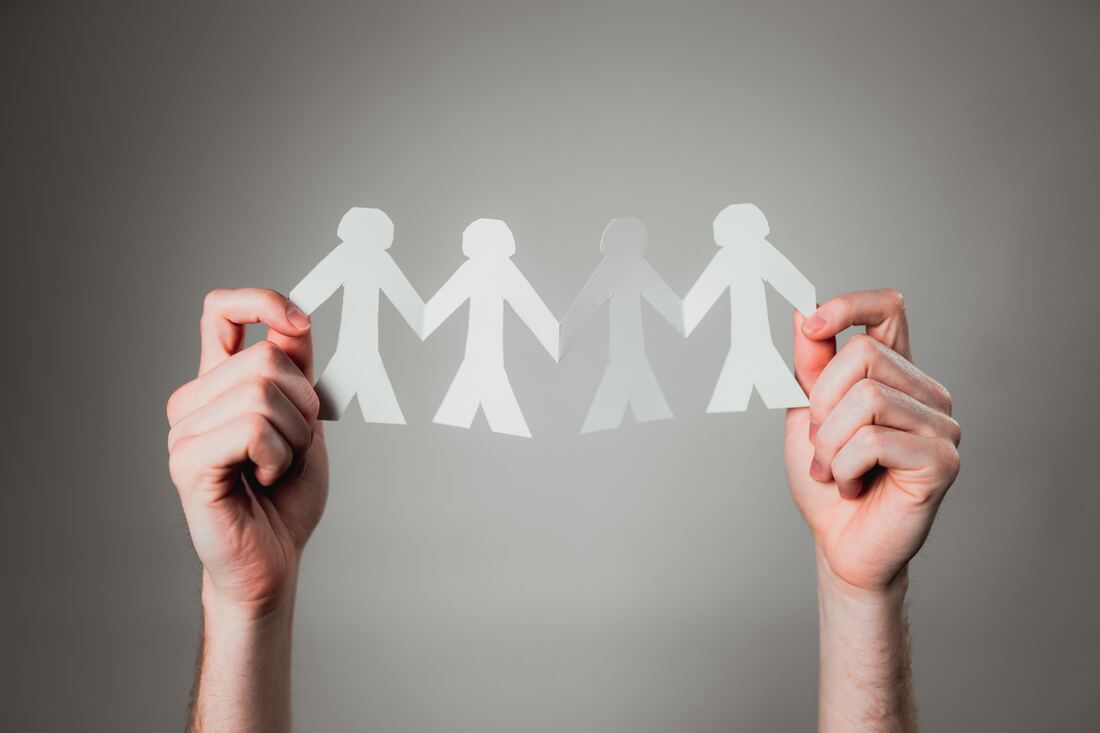Dealing With Friendship Problems
By Tahlia Williams
November 13, 2023
Image Credit: Photo by Andrew Moca on Unsplash
Friendships are essential to our lives; they provide companionship, support and a sense of belonging. Genuine friendships are what keep us going from day to day. However, even the closest friendships experience problems that can be difficult to handle but with the appropriate attitude, you can overcome these hurdles and strengthen your relationship.
Different Types of Friends
Any friendship can be classified depending on the person and context. We have fun friends, for example, our go-to when we want to laugh or have a good time. There may be a "listener," someone you can always depend on to give sound advice and listen when you are feeling down. There is also a "best friend," someone we can confide anything to and always depend on to be there for us.
It is critical to distinguish between these distinct friendships to avoid disappointment when unrealistic expectations are placed on them. "It can be exhausting giving your all to someone who would not do the same for you," says UMD Junor from Englewood, New Jersey, Anika Rudman, studying human development.
A Friend Breakup
Breaking up with a close friend can sometimes hurt more than a significant other and be the hardest to deal with. Many times people don’t talk about how traumatizing losing a friendship can be, according to The Healthy. The lack of understanding behind experiencing the loss of a valuable friendship can make the situation harder; people may not feel that they can mourn the loss of a friend in the same way that they mourn the loss of a boyfriend or girlfriend relationship. It must be acknowledged that friendships are a strong and beautiful thing that are also painful to lose.
Communication is Key
The absence of open and honest communication is one of the most typical sources of tension in strained friendships. "That is why it is important to ask for what you need even if it puts you in a vulnerable position," explains Leslie Jay, a licensed medical health counselor (LMHC) at Talking Outside the Box.
Conflicts are reduced when clear and efficient communication is used. Conversations often need to be more misconstrued and benefit from face-to-face interactions that allow people to come to a positive conclusion. Every situation is different, but good communication is typically the most successful in both resolving and avoiding arguments with friends.
Fear of Missing Out (FOMO)
Nobody likes feeling left out; nothing is worse than checking your phone and seeing your friends together while alone and uninvited. This is a critical scenario in which communication is essential.
"I encourage clients to express their feelings about it, but also not to jump to conclusions," says Scott Christnelly, a licensed certified social worker (LCSW) for Talkspace, an online therapy company.
Since friends cannot read your emotions, discussing your feelings may help them recognize if they are inadvertently harming you.
Dealing with tough friendships is a common challenge in this complex world of relationships. Individuals can navigate through difficult situations by prioritizing communication and setting boundaries.
Different Types of Friends
Any friendship can be classified depending on the person and context. We have fun friends, for example, our go-to when we want to laugh or have a good time. There may be a "listener," someone you can always depend on to give sound advice and listen when you are feeling down. There is also a "best friend," someone we can confide anything to and always depend on to be there for us.
It is critical to distinguish between these distinct friendships to avoid disappointment when unrealistic expectations are placed on them. "It can be exhausting giving your all to someone who would not do the same for you," says UMD Junor from Englewood, New Jersey, Anika Rudman, studying human development.
A Friend Breakup
Breaking up with a close friend can sometimes hurt more than a significant other and be the hardest to deal with. Many times people don’t talk about how traumatizing losing a friendship can be, according to The Healthy. The lack of understanding behind experiencing the loss of a valuable friendship can make the situation harder; people may not feel that they can mourn the loss of a friend in the same way that they mourn the loss of a boyfriend or girlfriend relationship. It must be acknowledged that friendships are a strong and beautiful thing that are also painful to lose.
Communication is Key
The absence of open and honest communication is one of the most typical sources of tension in strained friendships. "That is why it is important to ask for what you need even if it puts you in a vulnerable position," explains Leslie Jay, a licensed medical health counselor (LMHC) at Talking Outside the Box.
Conflicts are reduced when clear and efficient communication is used. Conversations often need to be more misconstrued and benefit from face-to-face interactions that allow people to come to a positive conclusion. Every situation is different, but good communication is typically the most successful in both resolving and avoiding arguments with friends.
Fear of Missing Out (FOMO)
Nobody likes feeling left out; nothing is worse than checking your phone and seeing your friends together while alone and uninvited. This is a critical scenario in which communication is essential.
"I encourage clients to express their feelings about it, but also not to jump to conclusions," says Scott Christnelly, a licensed certified social worker (LCSW) for Talkspace, an online therapy company.
Since friends cannot read your emotions, discussing your feelings may help them recognize if they are inadvertently harming you.
Dealing with tough friendships is a common challenge in this complex world of relationships. Individuals can navigate through difficult situations by prioritizing communication and setting boundaries.
|
|
Learn more |
© COPYRIGHT 2020. ALL RIGHTS RESERVED.
|
